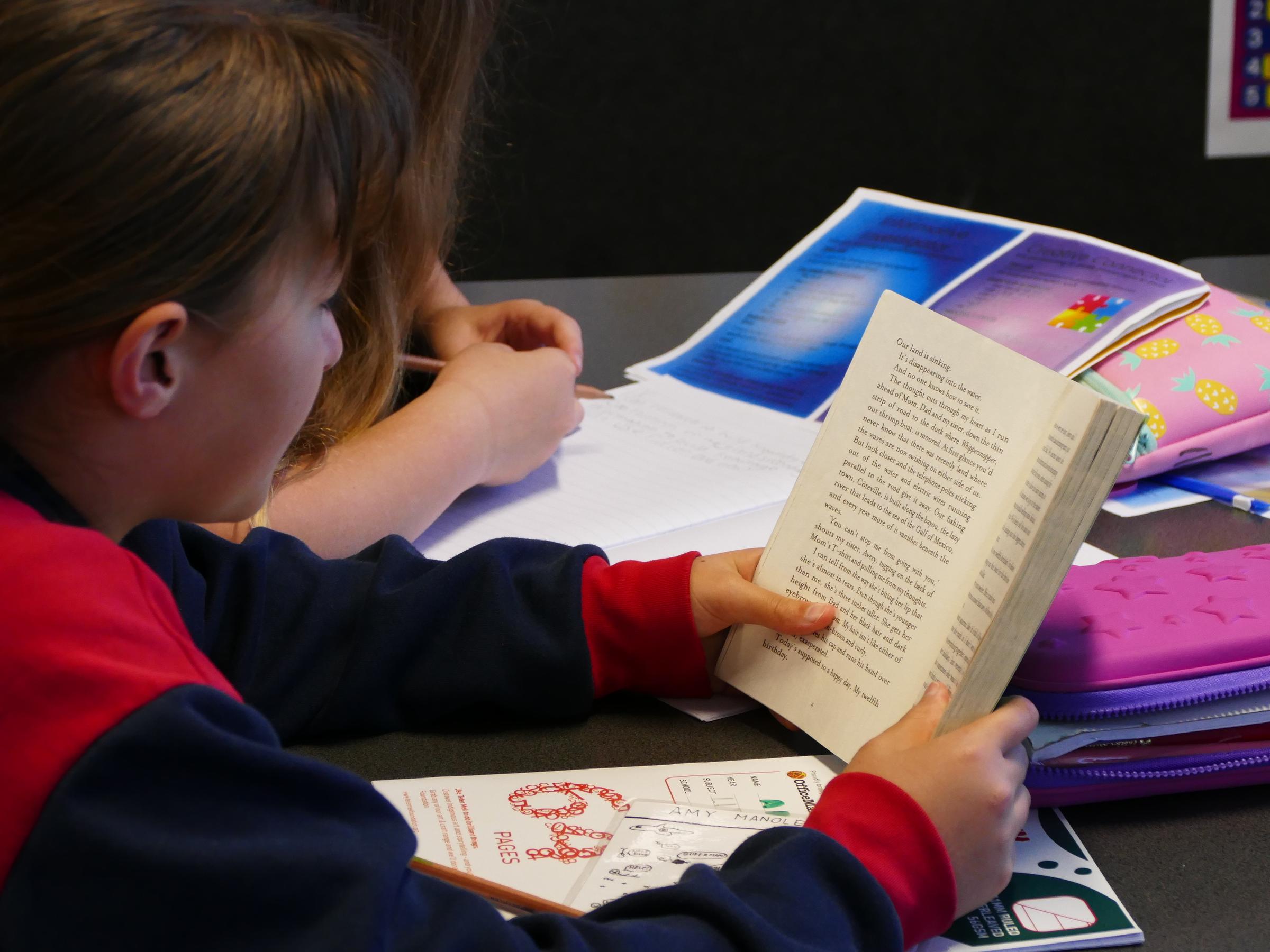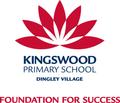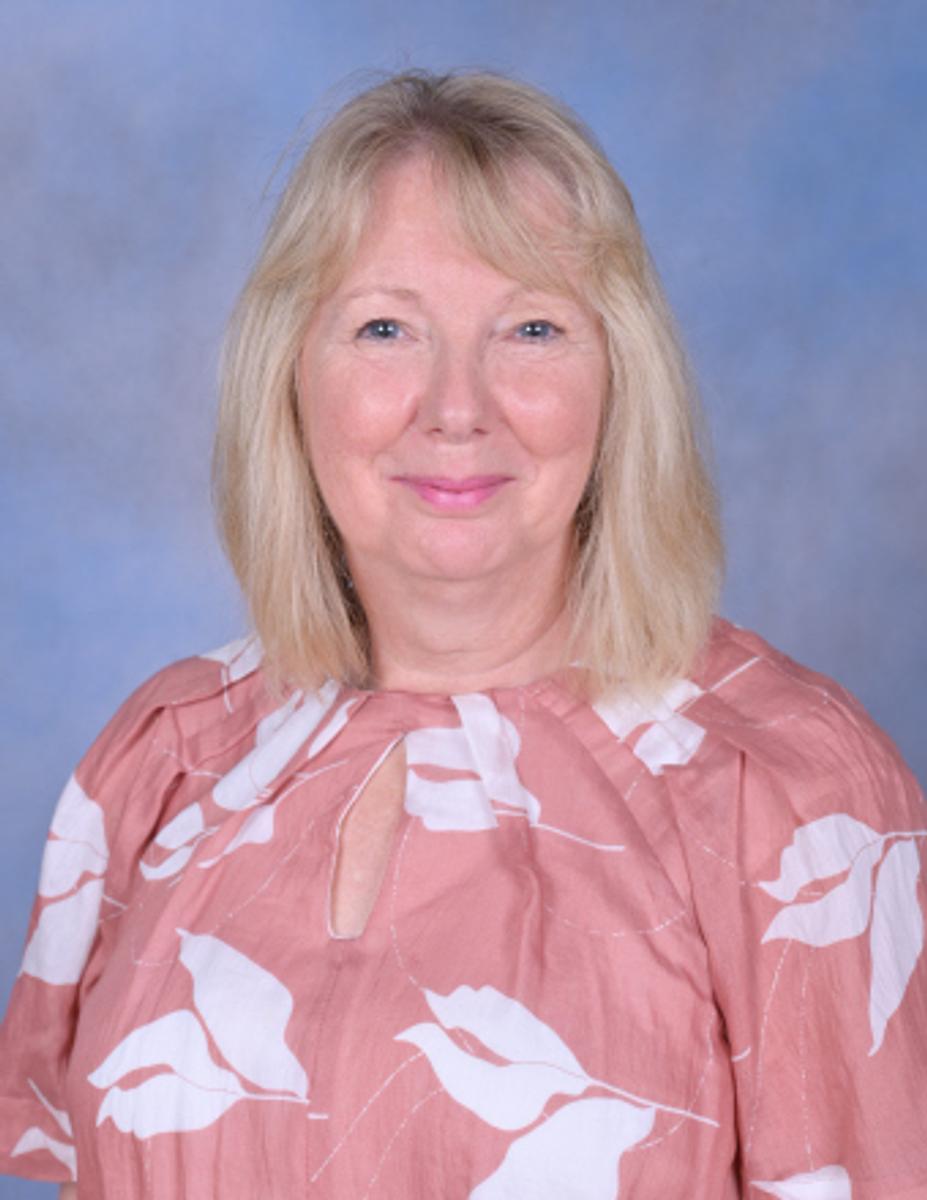Assistant Principal

Sharon Lomas
Assistant Principal
Teaching that transforms: How Systematic Synthetic Phonics Supports Reading, Writing and Spelling
At Kingswood Primary School, we are proud to use systematic synthetic phonics (SSP) to help children develop strong reading, spelling and writing skills. SSP teaches children the sounds (phonemes) of language and the letters (graphemes) that represent them and how to blend sounds to read words and segment them to spell. This structured approach helps children become confident, independent readers and writers.
Decodable Home Readers
From Prep to Year 2, students take home decodable readers that match the sounds they are learning at school. These books allow children to practise reading words they can decode, build fluency and gain confidence in their reading.
Supporting Dyslexia
SSP is particularly beneficial for children with dyslexia, who may struggle with phonological awareness and spelling. By providing explicit, structured teaching, children develop the skills to decode words and achieve automatic recognition, which supports their success in reading, writing, and spelling.
SPELD Resources
Our literacy program is supported by recommended books and materials from SPELD Victoria (https://speldvic.org.au/), which complement classroom phonics teaching and home reading practice.
Dyslexia-Friendly Chapter Books
The school library is growing its collection of dyslexia-friendly chapter books. Recently, Lucie Hill, our librarian, purchased 32 new titles, providing students with more engaging books that are accessible to emerging readers.
How Families Can Support
Read the home reader nightly to practise the sounds your child is learning.
Encourage spelling and blending of sounds in everyday writing.
Celebrate successes to build reading confidence and enjoyment.
By combining SSP, decodable readers, SPELD resources and dyslexia-friendly books, Kingswood Primary School ensures all Prep–Year 2 students have the tools to become confident readers, spellers and writers.

